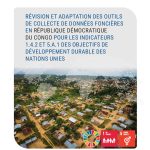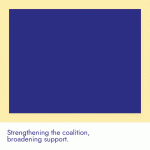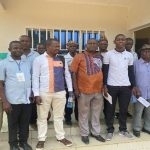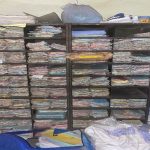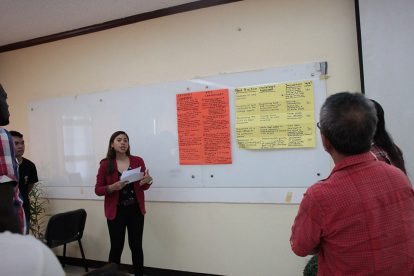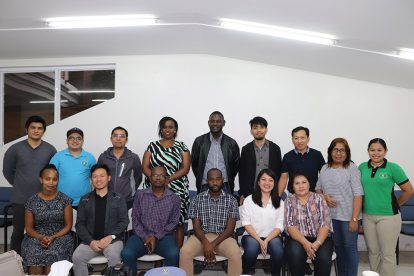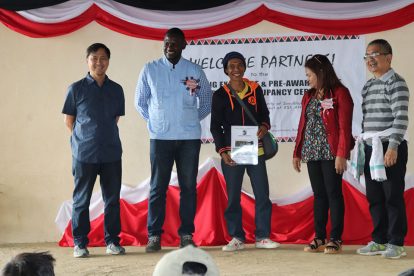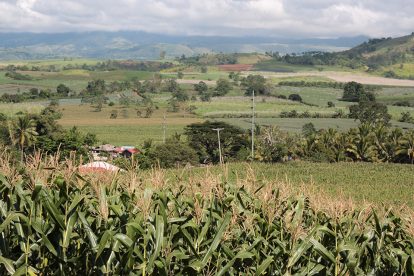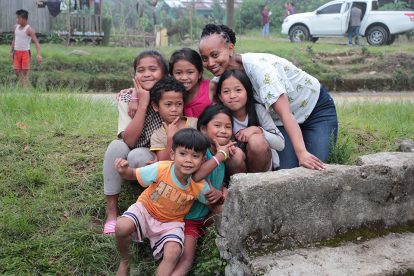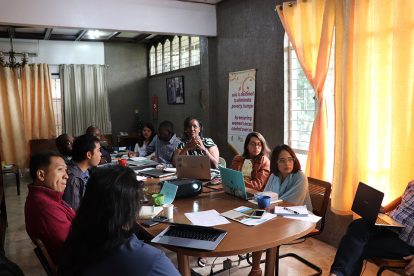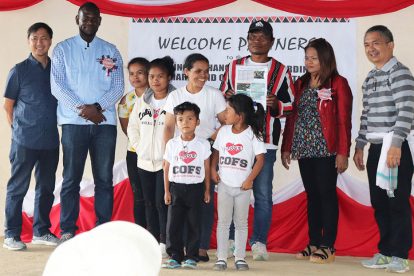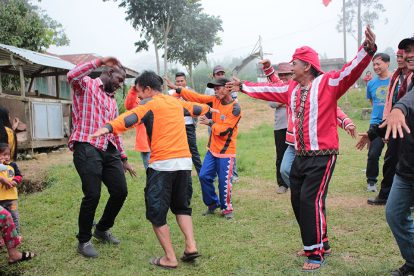Background
After decades of steady decline, the number of people who suffer from hunger began to slowly increase again in 2015. As a result, more than 820 million people in the world were hungry in 2018. The worrying trends in developing countries are reflected in the Sustainable Development Goal 2: to end hunger, achieve food security and improved nutrition and promote sustainable agriculture by 2030.
Given that land plays an important role in the livelihoods of most people in developing countries, food security cannot be achieved unless issues of access to land, security of tenure and the capacity to use land productively and in a sustainable manner are addressed. Secure land tenure and resource rights are also fundamental to shelter and livelihoods, poverty reduction, economic prosperity, realization of human rights, and sustainable development (UN-Habitat Agenda, 1996).
Findings from GLTN scoping missions in 2017 in Laos PDR, the Philippines and Uganda revealed that these countries are faced with considerable land related challenges including inequitable access to land and natural resources, land conflicts, tenure insecurity and weak institutions for land management and administration.
GLTN facilitated by UN-Habitat is addressing these issues through the ‘Secure Access to Land and Resources’ project. The Project will be implemented for a period of three (3) years.
Project Goal – Improved land and natural resources tenure security for 30,000 households comprising of rural smallholder farmers, majority of which are poor women, men and vulnerable groups in Uganda, the Philippines and Laos PDR.
Approximately 30,000 households comprising of rural smallholder farmers, majority of which are poor women, men and vulnerable groups in Laos PDR, the Philippines and Uganda.
- To increase uptake of land tools, approaches, frameworks and policy guidelines that are pro-poor, fit-for-purpose, and gender responsive.
- To strengthen capacity of change agents and rural poor women, men and vulnerable groups to implement pro-poor, fit-for-purpose and gender responsive land tools and approaches.
- To improve awareness among stakeholders on issues and measures for improving land and natural resource tenure security for poor women, men and vulnerable groups.
Implementing partners
Laos: Department of Agricultural Land and Management (DALaM), The Agro-Biodiversity Initiative (TABI), and Village Focus International (VFI)
The Philippines: Asian NGO Coalition for Agrarian Reform and Rural Development (ANGOC), and Xavier Science Foundation (XSF)
Uganda: ACTogether Uganda, Makerere University, International Institute of Rural Reconstruction (IIRR-Uganda), and Uganda Community Based Association for Child Welfare (UCOBAC)
In close collaboration with: GIZ-supported country programmes, national government authorities or ministries, UN-Habitat regional and country offices, local governments, and target communities.
Funding Partners
German Federal Ministry of Economic Cooperation and Development (BMZ) Special Initiative “One World-No Hunger”
Project resources
Papers and IEC materials
- The Secure Access to Land and Resources (SALaR) Project Brief
- Harmonization and Mainstreaming of Forest and Local Land Use Plans in the Philippines
- Land and Resource Conflicts in the Philippines
- Land Tenure and Poverty in Ancestral Domains in the Philippines
- Youth Engagement in Food Security and Land Governance in the Philippines
- Women, Land, And Agriculture in Relation to Food Security in the Philippines
Reflection paper on ‘Building Food-Secure Communities Through Enhanced Tenure Security: Insights of indigenous peoples in Bukidnon, Philippines’
Partner profile: MILALITTRA
Partner profile: NAMAMAYUK
Partner profile: PTTA
Project reports
Videos
Photos
Project Related Content

